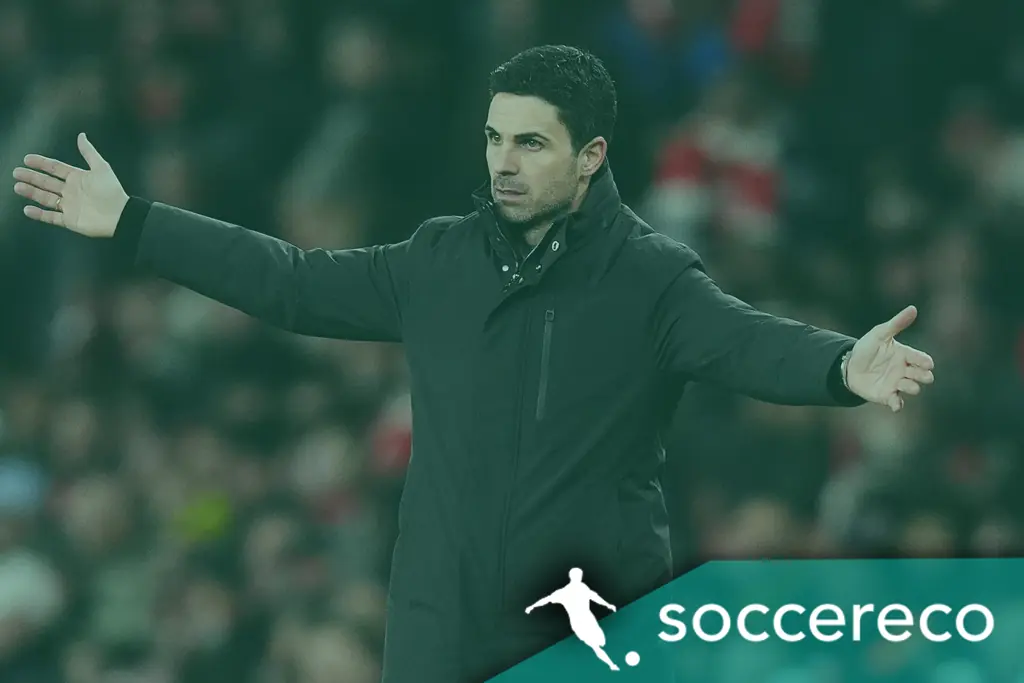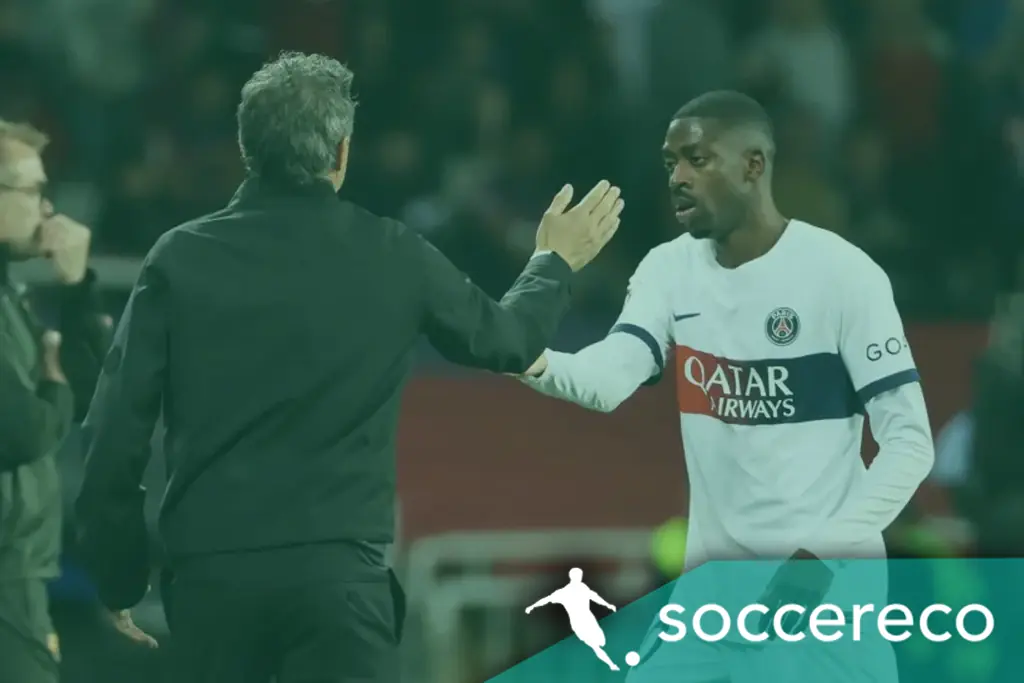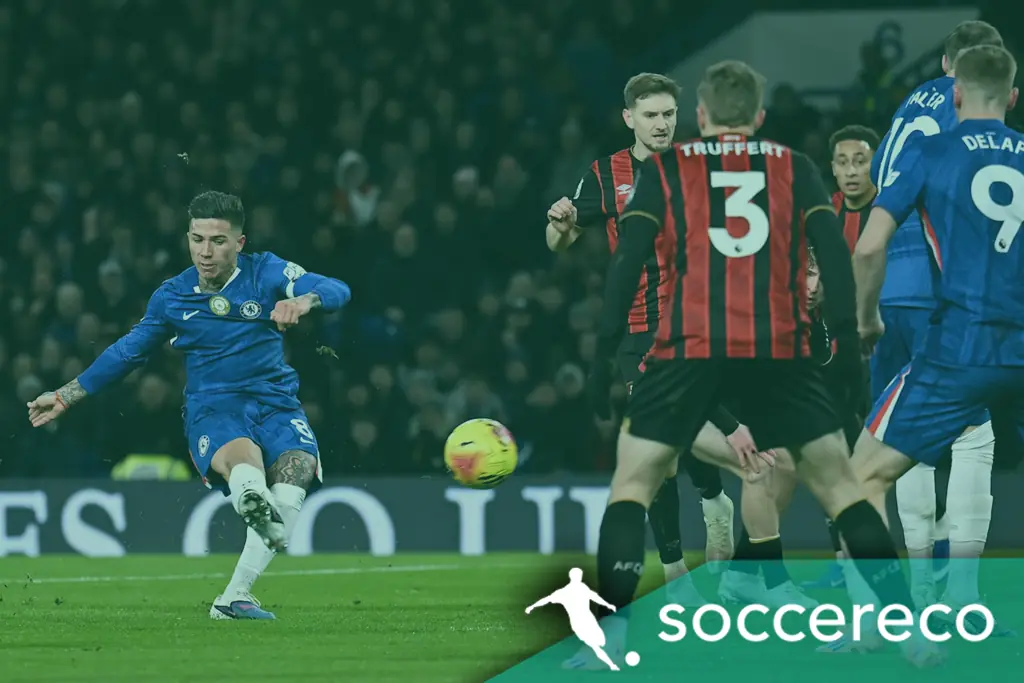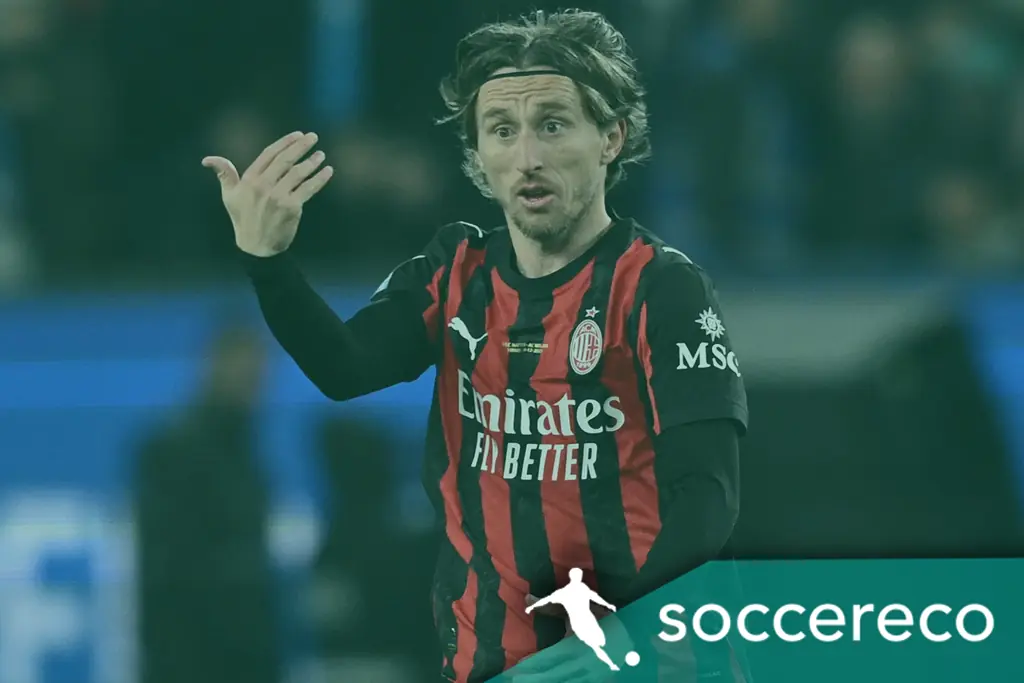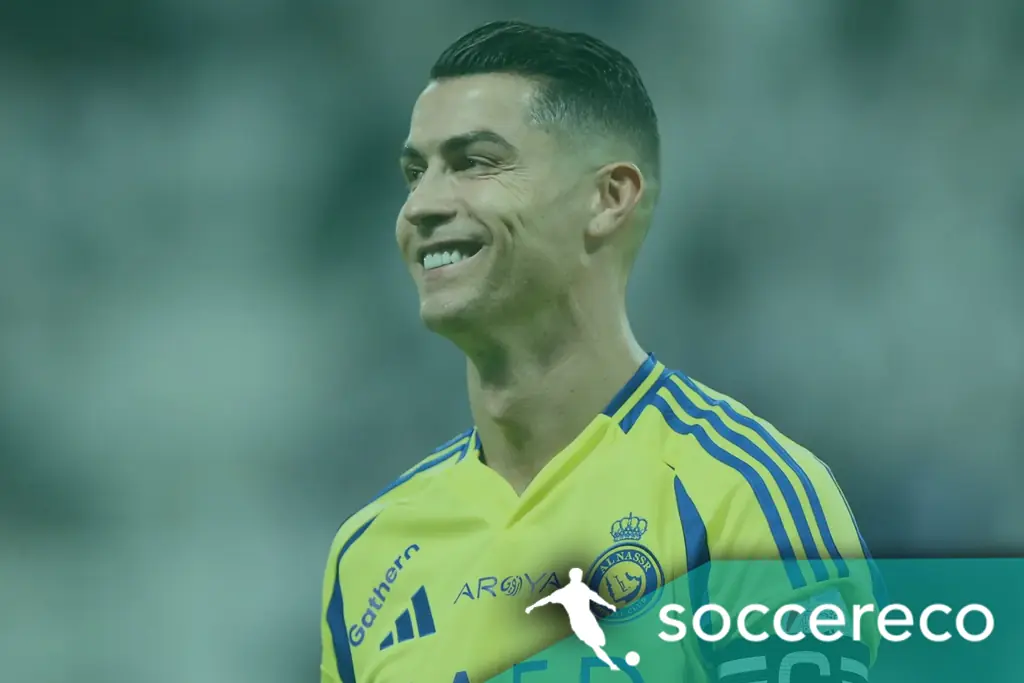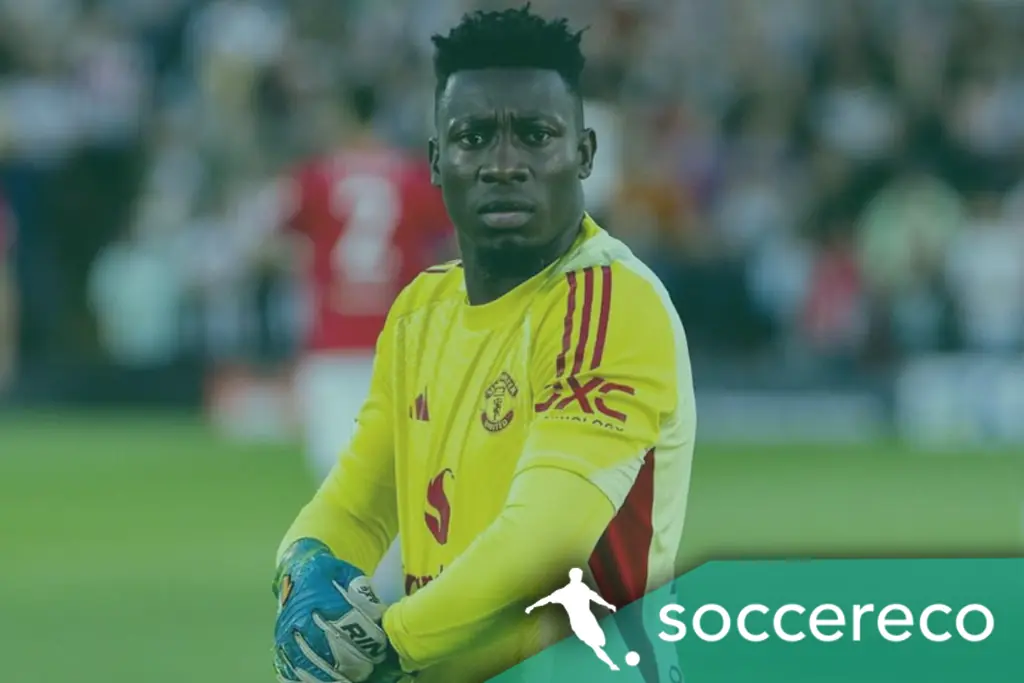Toni Kroos confirms his retirement is final in an in-depth interview, reflecting on Real Madrid’s search for his replacement, praising Xabi Alonso’s arrival, and warning about the risks of an overloaded football calendar.

Toni Kroos, one of the defining midfielders of his generation, has once again ruled out any possibility of returning to football, confirming that his retirement is permanent and his time at Real Madrid has officially come to an end.
In a wide-ranging and reflective interview with La Gazzetta dello Sport, the 34-year-old German opened up about his decision to step away at the peak of his career, the difficulty Real Madrid is facing in replacing his unique profile, the transition to a new managerial era with Xabi Alonso, and the increasingly unsustainable demands placed on modern players.
“I’m not coming back, and Real Madrid knows that,” Kroos said firmly. For many fans, the hope lingered that perhaps he might reconsider after such a majestic final season one that saw him win another La Liga title and a sixth UEFA Champions League trophy, finishing with a near-flawless performance in the final. But Kroos has always done things on his own terms, and that includes how and when he exits the stage. There were no injury setbacks, no loss of form, no slow fade from the spotlight just a player who knew it was time.
His absence, however, is already being felt in Madrid. Kroos admitted the club is still searching for someone who can replicate his skill set, though he doubts they’ll find a perfect match. “They’re missing a player like me and are still looking. The problem is that there aren’t many like that, and the few who exist are difficult to sign.” He wasn’t boasting merely stating a fact that many pundits and coaches agree with. Kroos was a master of control, capable of dictating the rhythm of a game like few others. He played with elegance, intelligence, and ruthless efficiency. His ability to break pressure, switch the play, and deliver pinpoint passes from deep positions was unmatched in modern football.
Real Madrid has an exciting crop of midfielders in Jude Bellingham, Eduardo Camavinga, Aurélien Tchouaméni, and Federico Valverde, but Kroos offered something different something less physical, perhaps, but more cerebral. Finding that same blend of composure, technical excellence, and tactical discipline in one player is no easy task. For all their talent, the new generation is still growing into their roles, and it may be some time before any of them can claim to control matches the way Kroos routinely did.
He also shared his thoughts on the transition in the dugout, with Xabi Alonso set to replace Carlo Ancelotti, who leaves to take charge of the Brazilian national team. “It’s a change that benefits everyone. The club, Xabi who is taking a big step forward in his career and Carlo Ancelotti, who has found a great challenge in Brazil. Everyone comes out winning,” Kroos said, showing respect for both managers.
The German played alongside Alonso during their time together at Real Madrid, and he knows firsthand what Alonso brings to the table: intelligence, authority, and a deep understanding of the club’s culture. Kroos believes the Spaniard is the right man to lead Madrid into a new era an era that must now take shape without legends like himself and, soon, Luka Modrić as well.
But while discussing the club’s future, Kroos also raised concerns about the direction of football more broadly, particularly the increasingly congested calendar and the toll it takes on players. “There are no poor people in football. But to maintain quality, players need to be fresh. We play too much. More money, less rest, more injuries, and less quality. It’s that simple,” he said with a tone of frustration.
His comments reflect a growing chorus of voices within the game calling for reform. The number of matches players are asked to perform in spanning domestic leagues, international fixtures, continental competitions, friendlies, Super Cups, and soon, an expanded Club World Cup is unprecedented. Rest and recovery are increasingly seen as luxuries, and players are pushed to the limit year-round. While top-level salaries remain enormous, Kroos warns that the actual product on the pitch is beginning to suffer, as injuries rise and burnout becomes more common.
Now retired, Kroos says he is looking forward to life away from the spotlight enjoying time with his family, pursuing personal interests, and taking a break from the relentless rhythm that defined his career. While he hasn’t ruled out a return to football in some other capacity in the future, he made it clear that his playing days are over, and he has no intention of making a dramatic comeback.
As Real Madrid begins a new chapter under Xabi Alonso, the shadow of Kroos will still loom large. His calm authority, his metronomic passing, and his effortless control of matches were key ingredients in one of the most dominant eras in European club football. He retires with 34 major trophies, including a World Cup, six Champions Leagues, and multiple domestic titles in Spain and Germany but more than that, he leaves behind a legacy of elegance, intelligence, and consistency rarely seen at the highest level.
Real Madrid will move on, as it always does. But as Kroos himself noted, players like him are hard to find. And in the years to come, the full value of what he gave to the game and what football may be losing in the modern era will likely become even clearer.
Updated: 03:57, 8 Jul 2025
